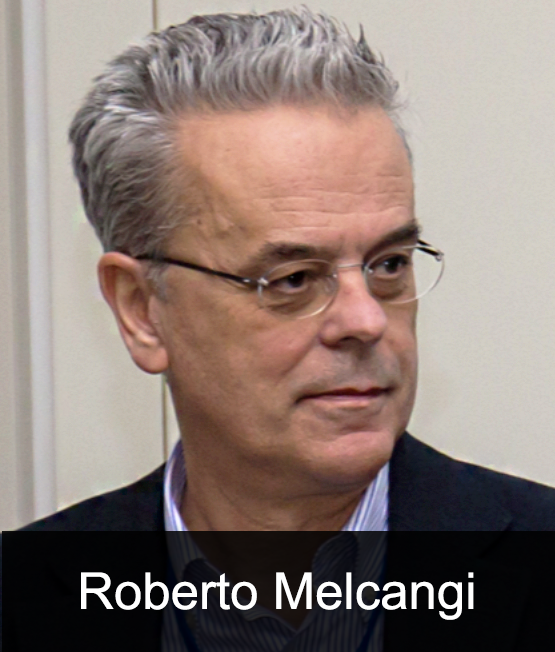WINTER FUNDRAISING DRIVE
New Research Afoot at the University of Milano
Dec. 14, 2018
Dear Friends:
We’ll start with the good news. Then onto the great news.
That’s right. We’ve got great news on the PFS fundraising front.
As you’re no doubt aware, Roberto Cosimo Melcangi and his team at the University of Milano’s Department of Pharmacological and Biomolecular Sciences have been making steady progress in their investigation of PFS at the molecular level, aimed at determining the root causes of the condition while hopefully setting the stage for the development of effective therapies.
In July 2017, Prof. Melcangi published Phase I of his research, a paper in The Journal of Steroid Biochemistry and Molecular Biology titled Neuroactive steroid levels and psychiatric and andrological features in post-finasteride patients.
According to that study, PFS patients suffer from altered levels of critical brain-function regulators, including neuroactive steroids. The research also uncovered evidence of neuropathy of the pudendal nerve among those with severe erectile dysfunction.
Nineteen months later, this time in partnership with Cajal Institute and Carlos III Health Institute, both in Madrid, Prof. Melcangi, published Phase II of his research, a paper in Psychoneuroendocrinology titled Treatment of male rats with finasteride, an inhibitor of 5alpha-reductase enzyme, induces long-lasting effects on depressive-like behavior, hippocampal neurogenesis, neuroinflammation and gut microbiota composition.
“Finasteride treatment causes several alterations in the hippocampus,” the section of the brain responsible for processing long-term memory and emotional responses, the study demonstrated.
It also showed evidence of (i) long-term depressive-like behavior, (ii) alterations in neurogenesis, gliosis and increased levels of inflammatory cytokines in the hippocampus, and (iii) alterations in the composition of gut microbiota that was present one month after withdrawal of subchronic treatment of young male rats with finasteride.
The good news is, Prof. Melcangi has already designed Phase III of his research: a clinical study aimed at furthering scientific knowledge of the role that gut-microbiota alterations play in PFS.
The great news is, that study is already funded, with patient testing scheduled to begin this winter.
Two months ago, the parents of a PFS patient approached us to ask how they could help speed along Prof. Melcangi’s progress. Long story short: within two weeks they’d cut a check for Phase III.
Now for more good news.
Prof. Melcangi has concurrently designed Phase IV of his research, which will involve neurotransmitter signaling, neuroactive steroid levels and epigenetic changes in 5alpha-reductase.
And this is where you come in.
Our funding drive for Phase IV officially gets under way January 1, but we want to jump-start it immediately. Because this time the goal is $40,000, which we hope to raise in full by March 31.
So as the holiday season gets into full swing, please give generously to help keep Team Melcangi’s momentum going strong in 2019.
Thank you.


